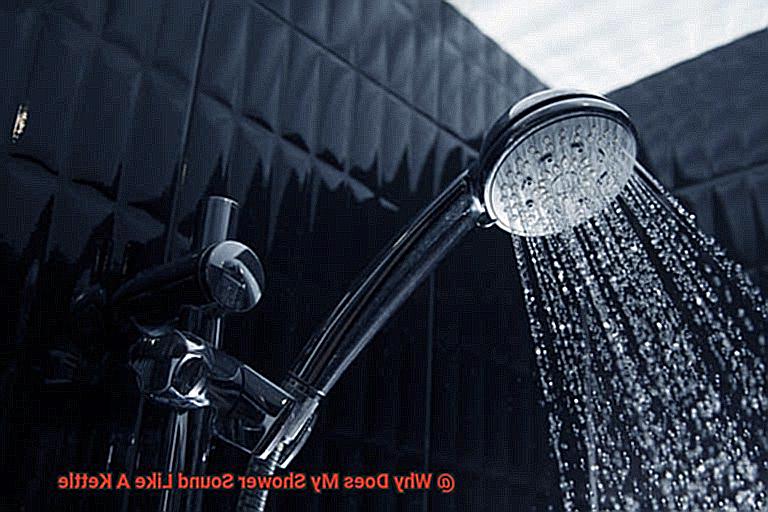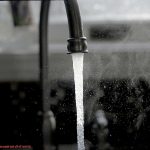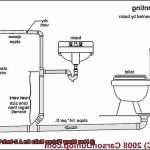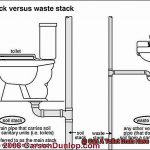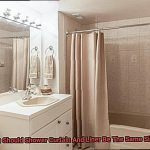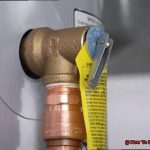Have you ever been jolted awake by the sound of your shower screeching like a boiling kettle? It’s a common occurrence that can be quite unsettling if you’re not familiar with it. But fear not, there’s a logical explanation for this bizarre noise.
Your shower isn’t becoming a magical kettle, but rather, it’s caused by pressure buildup within your plumbing system. When water flows through narrow or obstructed pipes, it creates a whistling or hissing sound similar to the sound of boiling water. This phenomenon can occur in any part of your plumbing system but is most commonly found in the shower.
So what triggers this pressure buildup? There are several potential culprits, including clogged showerheads, faulty valves, and high water pressure. We’ll dive into these causes in greater detail later on.
If you’re experiencing this annoying screech from your showerhead, don’t fret. There are several solutions available depending on the underlying cause of the problem. By the end of this blog post, you’ll have a better understanding of what’s causing the noise and how to fix it. So let’s get started.
Contents
- 1 What Causes a Shower to Sound Like a Kettle?
- 2 How to Identify the Problem
- 3 How to Fix a Whistling Showerhead
- 4 How to Lower Water Pressure in the Home
- 4.1 High Water Pressure: The Culprit Behind Your Noisy Shower
- 4.2 Installing a Pressure Reducing Valve (PRV) on the Main Water Line
- 4.3 Adjusting the Pressure Regulator Near the Main Shut-off Valve
- 4.4 Checking for Leaks and Clogs in Pipes and Fixtures
- 4.5 Regularly Cleaning and Maintaining Plumbing Fixtures
- 5 Professional Assistance for Plumbing Issues
- 6 Preventative Maintenance for Plumbing Fixtures
- 7 Conclusion
What Causes a Shower to Sound Like a Kettle?
One of the most common reasons for a shower to sound like a kettle is due to mineral buildup in the pipes or showerhead. Hard water contains minerals such as calcium and magnesium that can accumulate in pipes and fixtures over time. This buildup creates a narrow passage in the pipes or showerhead, causing the water to flow faster and producing the whistling sound. Fortunately, this problem can be solved by removing any mineral deposits from your showerhead and faucet regularly.
Another possible cause is a faulty diverter valve. This valve controls the flow of water between the bathtub spout and showerhead. When it malfunctions, it can cause water to flow back into the pipes and create a whistling noise. A professional plumber can fix this issue by repairing or replacing the valve.
Clogged or partially closed valves can also contribute to the whistling sound in your shower. If the valves are not fully open, water is forced through a smaller opening, causing vibrations that result in the whistling noise. The solution? Simply opening up the valves can solve this problem.
It’s important to note that a shower sounding like a kettle may also be an indicator of more serious issues such as high water pressure or damaged pipes. If you suspect these issues, it’s best to call in a professional plumber to assess and fix the issue.
While a shower sounding like a kettle can be an annoying problem, it’s usually not serious and can be fixed easily. By understanding what causes this issue, you can take steps to prevent it from happening again in the future. Regularly cleaning and maintaining your plumbing fixtures can go a long way in avoiding this problem altogether.
How to Identify the Problem
The good news is that identifying the problem and fixing it yourself is entirely possible. In this blog post, we’ll explore how to identify the issue of your shower sounding like a kettle and provide practical tips to solve it.
Pay Attention to the Sounds
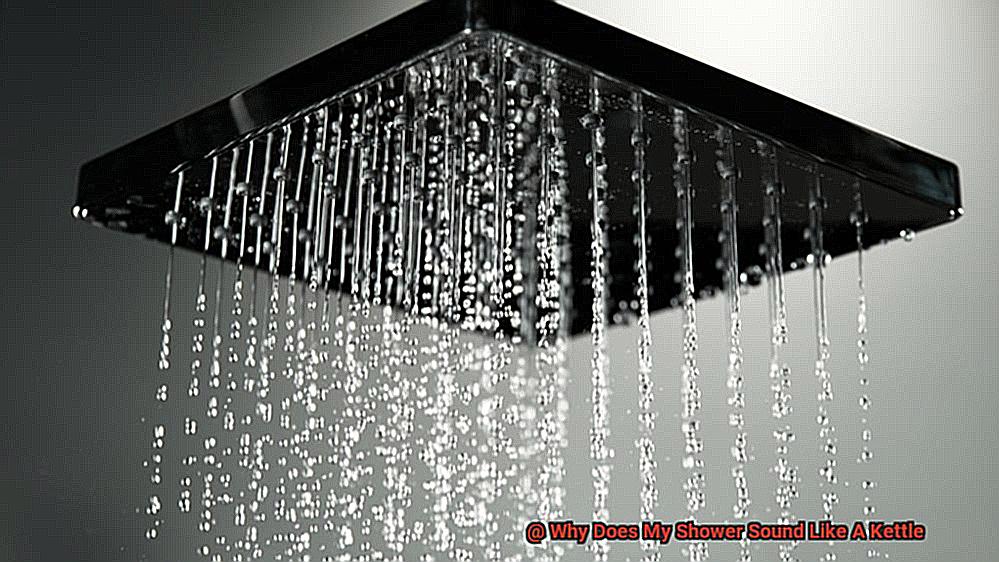
The first step in identifying the problem is to listen carefully to the sounds your shower makes. Does it sound like a whistling, screeching noise, or more of a hissing, rattling noise? Take note of how often and how intense the sound is.
Determine the Source of the Sound
Next, determine where the sound is coming from. Is it from the showerhead or within the pipes? If it’s within the pipes, there could be a buildup of sediment or debris.
Suppose the noise only occurs when using hot water. In that case, it could indicate an issue with your hot water heater. On the other hand, if it occurs with both hot and cold water, it could be due to an issue with your plumbing system.
Check for Leaks or Drips
Check if there are any leaks or drips coming from your showerhead or faucet. Leaks can cause pressure changes in your plumbing system that can lead to unusual sounds. Make sure to inspect your showerhead for mineral build-up as well since it’s a common cause of kettle-like sounds.
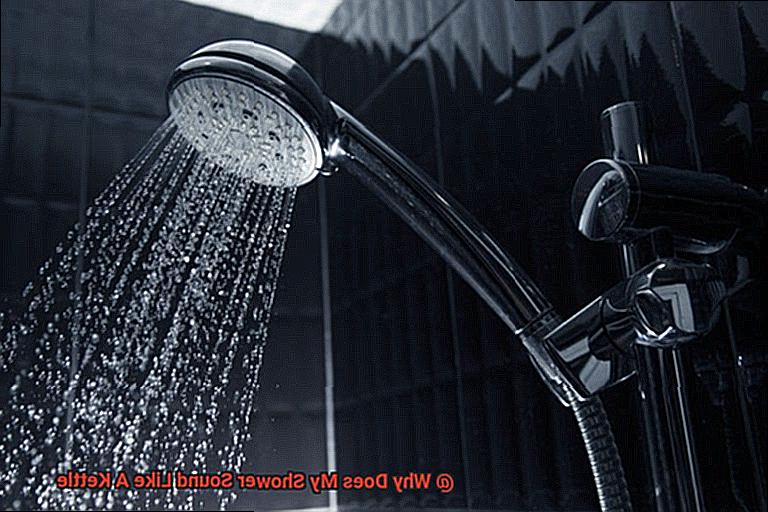
Take Action
Once you’ve identified the issue, take action to solve it. If there’s mineral build-up in your showerhead, try soaking it in vinegar or using a descaling solution. Regular cleaning and using a water softener can help prevent future build-up.
If the issue lies within your plumbing system or hot water heater, it’s best to call in a professional plumber.
Conclusion
In conclusion, accurately identifying the problem is the key to finding the right solution. By paying attention to the sounds and inspecting your shower and plumbing system thoroughly, you can identify and fix the issue yourself or with professional assistance. Don’t let a kettle-like sound ruin your shower experience.
How to Fix a Whistling Showerhead
Whistling showerheads can be a real pain, but the good news is that they’re relatively easy to fix. Here are five simple steps to help you solve the problem.
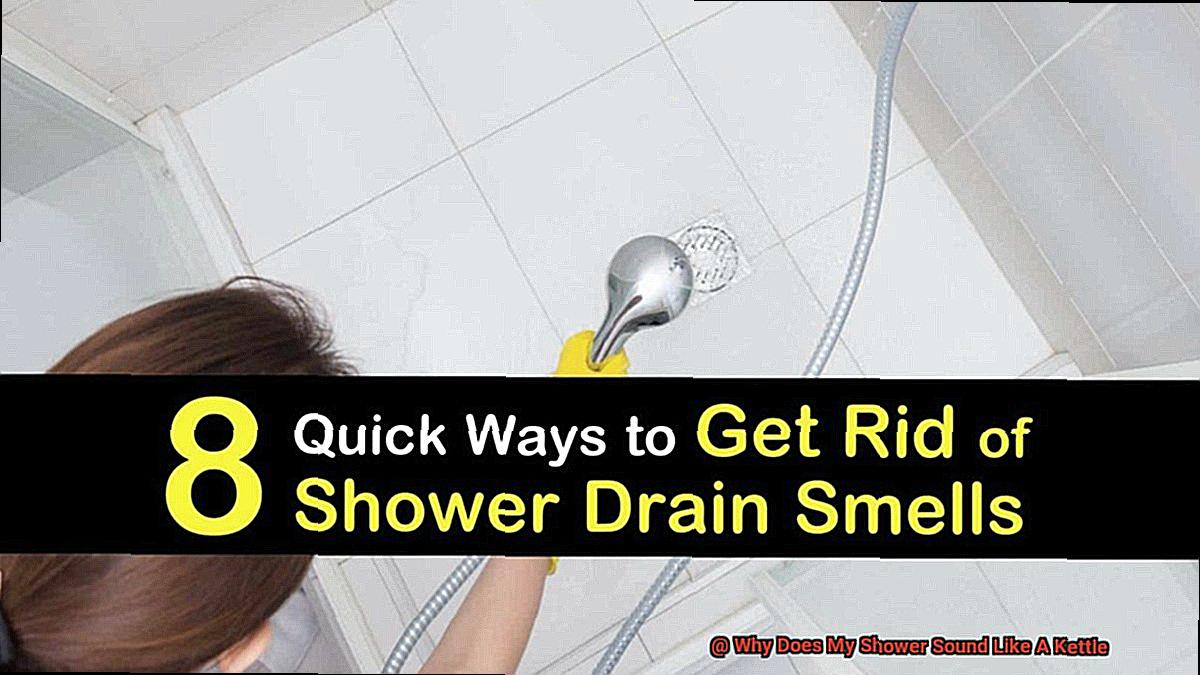
Clean Your Showerhead
The first and most common cause of a whistling showerhead is mineral buildup. Over time, mineral deposits can accumulate inside the showerhead, causing it to restrict water flow and create that annoying whistling sound.
To clean your showerhead, remove it and soak it in a solution of equal parts vinegar and water for at least an hour. After soaking, use an old toothbrush or small brush to scrub away any remaining mineral deposits or debris. Rinse the showerhead with water and reattach it to the shower arm.
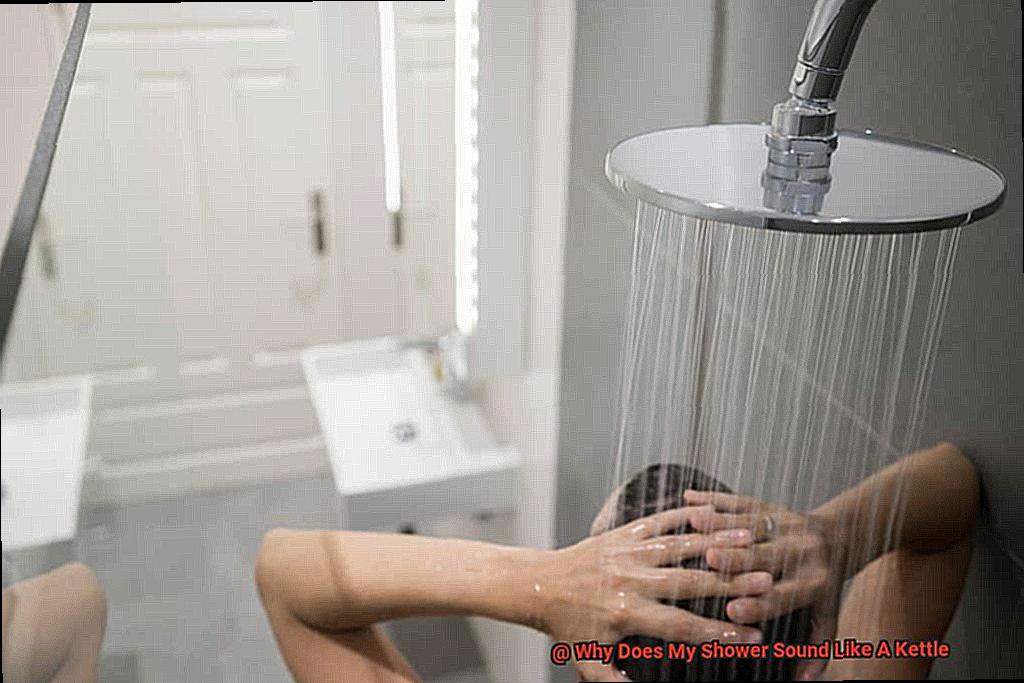
Check Your Flow Restrictor
Flow restrictors are designed to limit water flow and conserve water, but they can also cause whistling sounds if they become clogged or damaged.
If cleaning your showerhead doesn’t work, check your flow restrictor for any blockages or damage.
You can remove it from the showerhead and clean it thoroughly or replace it if necessary.
Look for Air Trapped in Your Pipes
Another common cause of whistling showerheads is air trapped in the pipes. This can happen when there is low water pressure or when air is introduced into the plumbing system due to recent repairs or construction work.
To fix this issue, turn off the main water supply and open all faucets in your home to allow air to escape from the pipes. Once all the faucets are turned off, turn on the main water supply and let the water run for a few minutes to flush out any remaining air.
Adjust Your Water Pressure
High water pressure can cause water to rush through the pipes too quickly, which creates turbulence and leads to the whistling sound. Consider installing a pressure-reducing valve in your plumbing system to adjust the water pressure and prevent this problem from happening again.
Replace Your Showerhead
If all else fails, it may be time to replace your showerhead entirely. Look for showerheads that are designed to reduce noise and provide a more peaceful showering experience. They may be labeled as “quiet” or “noise-reducing.” Installing a new showerhead is typically a simple task that can be done by following the manufacturer’s instructions.
In conclusion, fixing a whistling showerhead is a straightforward process that just requires some basic troubleshooting. By cleaning the showerhead, adjusting water pressure, or replacing the showerhead altogether, you can eliminate that annoying kettle-like sound and enjoy a peaceful shower once again. Remember to regularly clean and maintain your plumbing fixtures to prevent this problem from happening again in the future.
How to Lower Water Pressure in the Home
If you’re tired of hearing your shower sound like a kettle, high water pressure could be the culprit. Not only is it annoying, but high water pressure can also cause damage to your plumbing system and appliances. To avoid this, here are 5 easy ways to lower water pressure in your home.
High Water Pressure: The Culprit Behind Your Noisy Shower
One of the most common reasons for a noisy shower is high water pressure. Thankfully, lowering the water pressure in your home is simple. The first step is to locate your home’s main water shutoff valve, typically near the water meter. Once you’ve turned off the valve, adjust the pressure regulating valve located near it.

Installing a Pressure Reducing Valve (PRV) on the Main Water Line
Another option to lower water pressure is by installing a pressure reducing valve (PRV) on the main water line. This valve helps regulate the water pressure and keeps it at a safe level. However, it’s best to hire a professional plumber to install this valve as it involves working with the main water line.
Adjusting the Pressure Regulator Near the Main Shut-off Valve
If you prefer a DIY approach, adjusting the pressure regulator near the main shut-off valve is an option. This regulator can be adjusted by turning a screw or knob to decrease the water pressure. Be careful not to adjust it too low as this can cause low water pressure, which can be just as frustrating as high water pressure.
Checking for Leaks and Clogs in Pipes and Fixtures
Leaks and clogs in pipes and fixtures can also cause an increase in water pressure. That’s why checking for any leaks or clogs regularly is important to maintain a safe and comfortable level of water pressure in your home. Fixing these issues as soon as possible can help prevent further damage to your plumbing system.
Regularly Cleaning and Maintaining Plumbing Fixtures
Regularly cleaning and maintaining your plumbing fixtures can also prevent high water pressure and noisy showers. Mineral deposits or debris build-up in showerheads and faucets can cause blockages that force water to flow through a smaller opening, leading to that annoying whistling sound. By cleaning and maintaining your fixtures regularly, you can prevent this problem from happening in the future.
Lowering water pressure in your home is crucial for preventing damage to your plumbing system and reducing noise in fixtures such as showers.
Whether it’s installing a PRV, adjusting the pressure regulator, checking for leaks and clogs, or cleaning and maintaining plumbing fixtures, taking these steps can help achieve a safe and comfortable level of water pressure in your home.
Professional Assistance for Plumbing Issues
Dealing with plumbing issues can be a real headache, especially when you’re not sure where to start. While some minor problems can be addressed with do-it-yourself solutions, more complex issues require the expertise of a professional plumber.
Here, we’ll explore why seeking professional assistance for plumbing issues is so important and how it can save you both time and money in the long run.
Firstly, attempting to fix a plumbing problem without the proper knowledge and tools can lead to further damage and costly repairs.
For instance, if your shower is making a kettle-like sound, it could be due to a malfunctioning valve or a buildup of sediment in the pipes. This issue requires a professional plumber to diagnose and resolve the problem.
A plumber will have the necessary tools and experience to identify the root cause of the issue and provide a long-term solution. They may need to replace valves or clear out sediment build-up in the pipes. It is vital to address this issue promptly as it can lead to further damage to your plumbing system if left untreated.
Furthermore, professional plumbers can provide preventative maintenance to ensure that your plumbing system stays in excellent condition.
Regular check-ups and maintenance can help identify potential issues before they become major problems, saving you both time and money in the long run. A professional plumber can also offer advice on how to maintain your plumbing system properly, such as ways to prevent clogs and leaks.
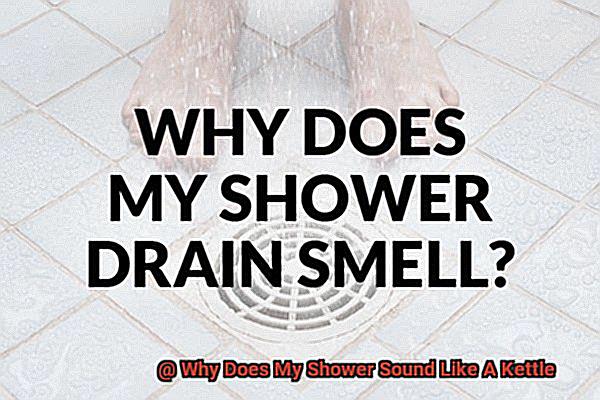
When dealing with plumbing issues, it is always best to seek professional assistance. A professional plumber can provide long-term solutions and preventative maintenance to keep your plumbing system functioning correctly.
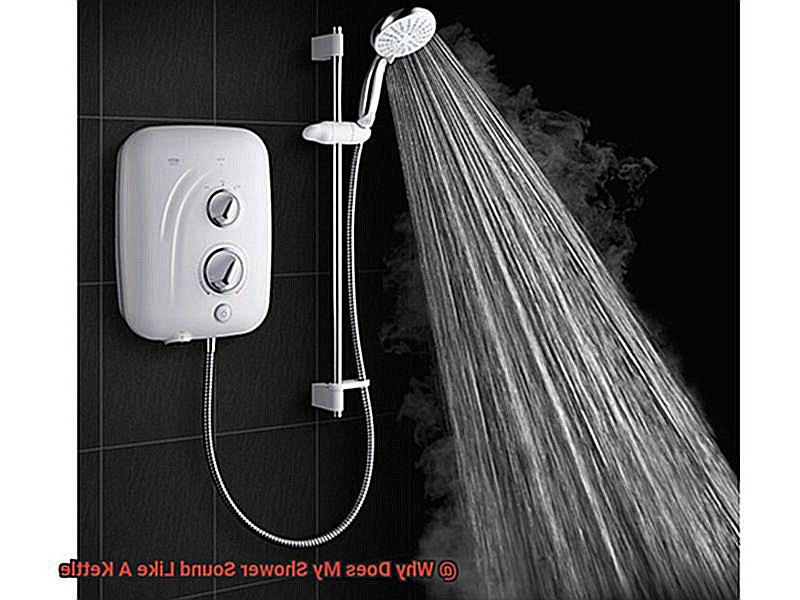
Attempting to fix plumbing problems without proper knowledge and tools can lead to further damage and expensive repairs.
Preventative Maintenance for Plumbing Fixtures
Firstly, regular cleaning is vital for preventing mineral buildup, which can restrict water flow and create noise. Hard water is a common culprit for causing lime and mineral deposits to accumulate on the inside of pipes and fixtures.
Combat this by simply removing the showerhead and other fixtures and soaking them in a solution of vinegar and water. Scrub away any remaining deposits with a brush or toothbrush before rinsing thoroughly.
Secondly, periodic inspection of shower valves is also important. Leaky valves can cause water to flow back into the pipes, which creates annoying hammering or knocking sounds. If you notice any leaks or damage, don’t hesitate to call a plumber to have them repaired immediately.
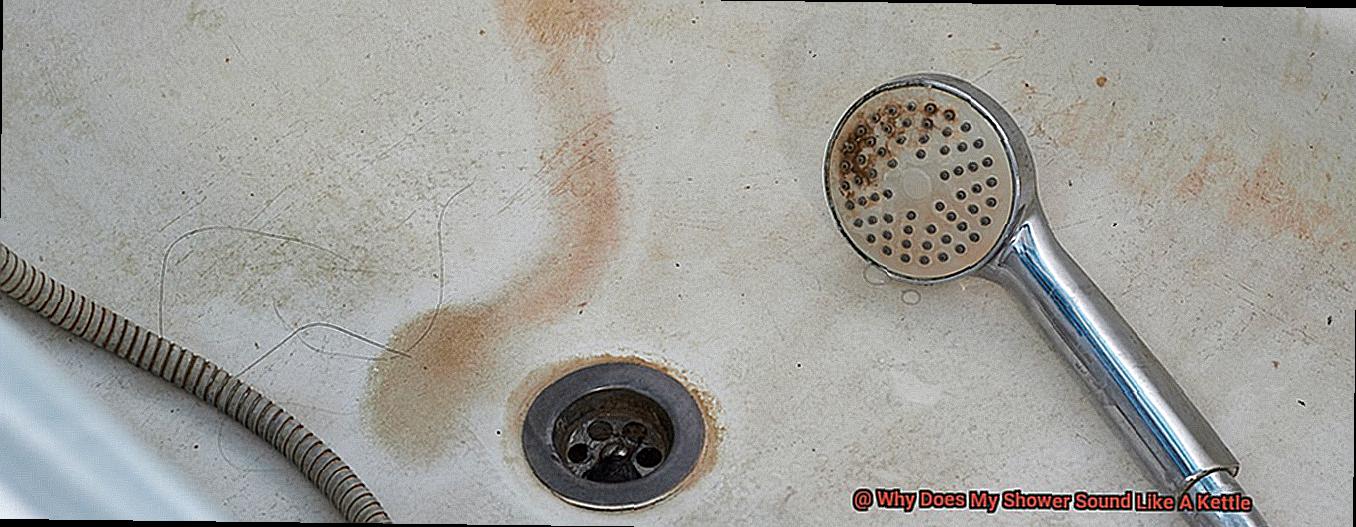
Thirdly, checking the water pressure in your home is another crucial step in preventing noisy showers. High water pressure can cause pipes to vibrate or bang against each other, creating loud noises. Installing a pressure regulator can help keep the water pressure at a safe level.
Lastly, investing in high-quality plumbing fixtures that are designed to be quiet and efficient is worth considering. Look for products with anti-vibration pads or pressure-balancing technology to help prevent noise and maintain consistent water flow.
0bBv6VeUbd0″ >
Conclusion
If you’ve ever been jolted awake by the ear-piercing screech of your shower sounding like a boiling kettle, don’t worry – you’re not alone. The good news is that this irritating problem has a logical explanation and can be fixed with ease. The most common culprit behind a noisy shower is pressure buildup within your plumbing system, which can be caused by clogged showerheads, faulty valves, or high water pressure.
Fortunately, identifying and remedying the issue is entirely possible. By paying attention to the sounds and inspecting your shower and plumbing system thoroughly, you can pinpoint and resolve the problem yourself or with professional assistance.
If mineral buildup in your showerhead is causing the noise, try soaking it in vinegar or using a descaling solution.
Adjusting water pressure or installing a pressure-reducing valve in your plumbing system can also help put an end to those unpleasant sounds.
To prevent these types of issues from occurring in the first place, preventative maintenance for plumbing fixtures is essential. Regular cleaning, inspection, and upkeep can help prevent mineral buildup, corrosion, leaks, and other problems that could lead to disruptive showers.
Seeking professional assistance for more complex issues is also vital as attempting to fix them without proper knowledge and tools could result in further damage and costly repairs.

